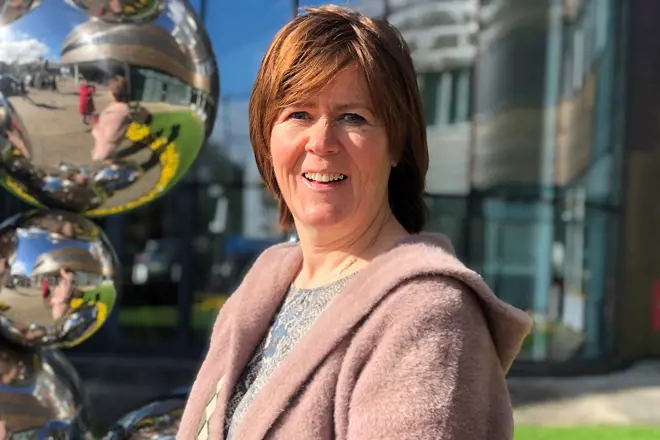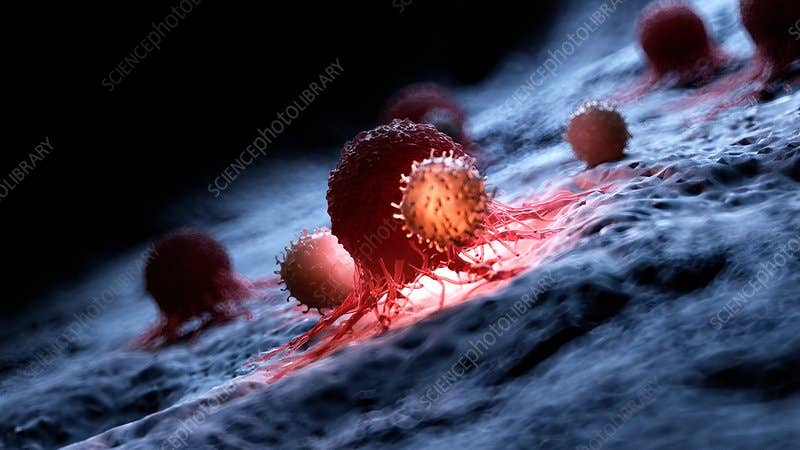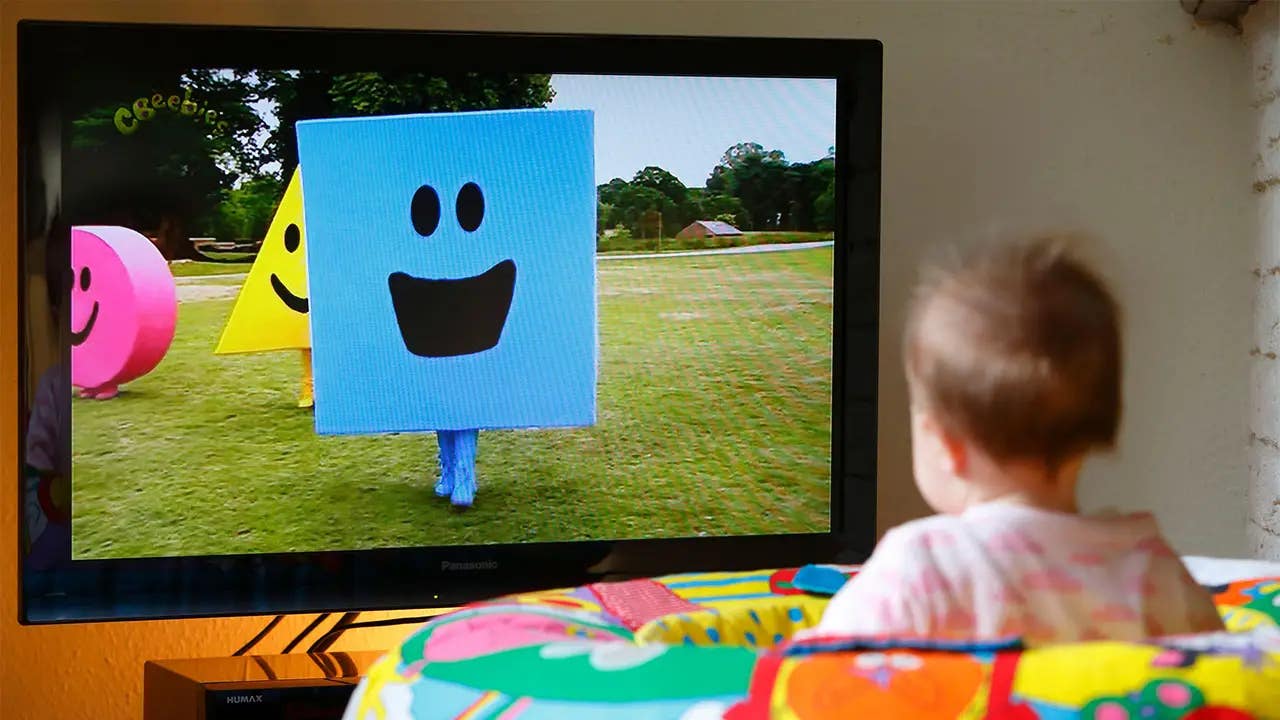Groundbreaking new drug trials help seriously ill cancer patients go into remission
Cancer treatments are being radically redefined with groundbreaking trials, described as “incredibly impressive” by leading insititutions.

[Aug. 16, 2023: Staff Writer, The Brighter Side of News]
Jan Ross said: “Since my diagnosis I have had lots of different medications, each with side effects that have been really challenging and affected my quality of life. The myeloma could only be controlled for short periods of time for the first 2 and a half years. Thanks to this amazing new trial drug, after just 7 months the cancer can’t be detected and I only experience relatively minor side-effects like brittle nails and some loss of taste." (CREDIT: Creative Commons)
The frontier of cancer treatment is being radically redefined with groundbreaking trials, described as “incredibly impressive” by leading health institutions. Patients, who once were on the brink of exhaustion from previous treatments, are now experiencing months and, in some cases, years of remission.
The Christie NHS Foundation Trust, based in Manchester, recently publicized the remarkable advancements from its experimental research into blood cancers, particularly myeloma. What’s more astounding? Many of these patients, prior to these trials, were running out of viable treatment avenues.
Dr Emma Searle, consultant haematologist at the Christie, heralded the dawn of new immunotherapy drugs, so nascent in their development that they are yet to be christened with names. Their capabilities? Helping certain patients, particularly those with myeloma, see their cancer levels plummet to virtually undetectable levels.
Quoting Dr. Searle, she expressed her astonishment and optimism to the PA news agency: “The results for this kind of trial – using drugs that enable the immune system to see and attack the myeloma – are incredibly impressive. These drugs are a huge breakthrough in this type of cancer, allowing patients without standard treatment options to achieve remission, in many cases for months or years.”
Related Stories
The potency of these novel drugs is palpable. When used singularly, over two-thirds of patients, with no conventional treatment left, responded positively. This response rate surges to over 90% when these drugs are used synergistically with others.
These drugs, which are in the testing phase for blood cancers, have already earned their stripes in treating other cancer types. Dr. Searle asserts that these will “absolutely” redefine the treatment landscape for blood cancer.
She elaborated, “When the drugs are used alone they achieve a remission lasting one to two years in most patients... Used in combination with other myeloma drugs, it is likely that responses and the effect on life expectancy will be even longer.”
Dr Emma Searle (Right), consultant haematologist at the Christie. (CREDIT: LinkedIn)
Dr. Searle's research, funded by the Christie charity, has shattered her own expectations regarding the efficacy of immunotherapy for blood cancers, making her exclaim: “These are really fantastic results.”
Historically, blood cancer has always posed a formidable challenge to control. The ailment doesn't just strike a particular body part – it consumes the patient's entire immune system. Typically, a myeloma patient’s survival ranged between three to five years post-diagnosis. But with these recent advancements, recent statistics point to a hopeful trajectory where half the patients survive even after a decade. This is a beacon of hope for the approximately 6,000 individuals diagnosed with myeloma annually in the UK.
Myeloma patient Jan (Right) with her sister Keri (Family handout/PA)
One ray of hope in this transformative era of treatment is Jan Ross, 57, a former children’s nurse from south Liverpool. Under the purview of Dr. Searle, Jan is administered a concoction of an immunotherapy drug coupled with a standard medication. A mere seven months into her treatment at the Christie, Jan went into complete remission.
Recounting her journey, Jan remarked, “Since my diagnosis I have had lots of different medications, each with side-effects that have been really challenging and affected my quality of life. Thanks to this amazing new trial drug, after just seven months the cancer can’t be detected. I would encourage anyone who fits the criteria for a trial drug to embrace it with confidence or at least explore your options. You too could be receiving the positive news I have just been given.”
Jan Ross has seen remarkable results on her blood cancer clinical trial at the Christie. (CREDIT: Creative Commons)
Despite the promising results, access to these revolutionary immunotherapies remains limited, with trials predominantly based in Manchester and London. However, the vision is clear and unanimous: to roll these treatments out more broadly across the UK, giving every eligible patient a fighting chance.
In a world often marred by grim headlines, stories of medical breakthroughs like these infuse hope. With these trials, the horizon looks promising, possibly heralding a new dawn in the long-drawn battle against cancer.
Note: Materials provided above by The Brighter Side of News. Content may be edited for style and length.
Like these kind of feel good stories? Get the Brighter Side of News' newsletter.
Joseph Shavit
Head Science News Writer | Communicating Innovation & Discovery
Based in Los Angeles, Joseph Shavit is an accomplished science journalist, head science news writer and co-founder at The Brighter Side of News, where he translates cutting-edge discoveries into compelling stories for a broad audience. With a strong background spanning science, business, product management, media leadership, and entrepreneurship, Joseph brings a unique perspective to science communication. His expertise allows him to uncover the intersection of technological advancements and market potential, shedding light on how groundbreaking research evolves into transformative products and industries.



